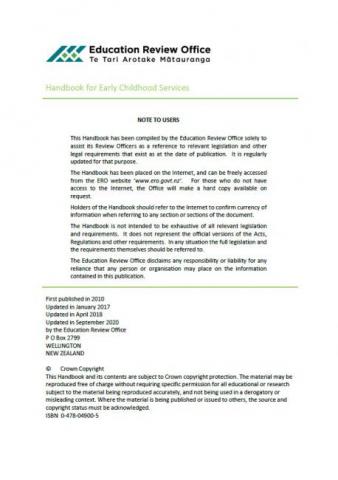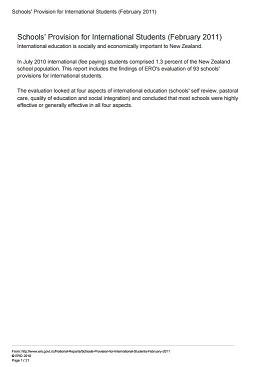Overall judgement criteria for home-based and hospital-based early childhood service Education Reviews
Published: 15 Apr 2021
This page outlines the criteria that we use in our Education Reviews, of hospital-based early childhood services, to make an overall judgement of how well the service promotes positive learning outcomes for children, or contributes to children's learning and promotes their wellbeing.
- Audience:
- Early learning
- Education
- Content type:
- Basic page
- Topics:
- Early learning
- Hospital-based education

